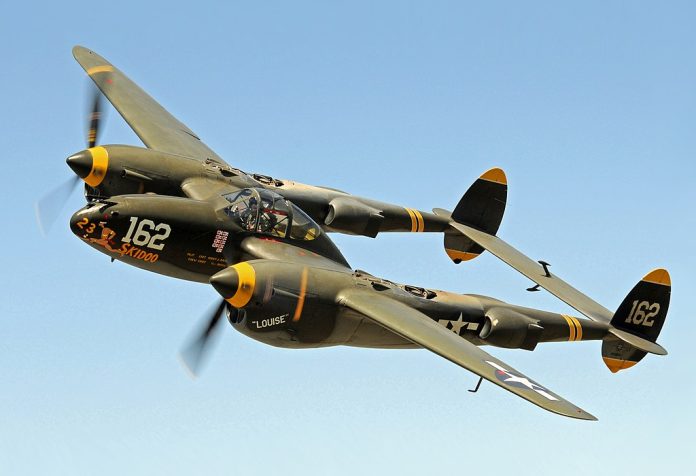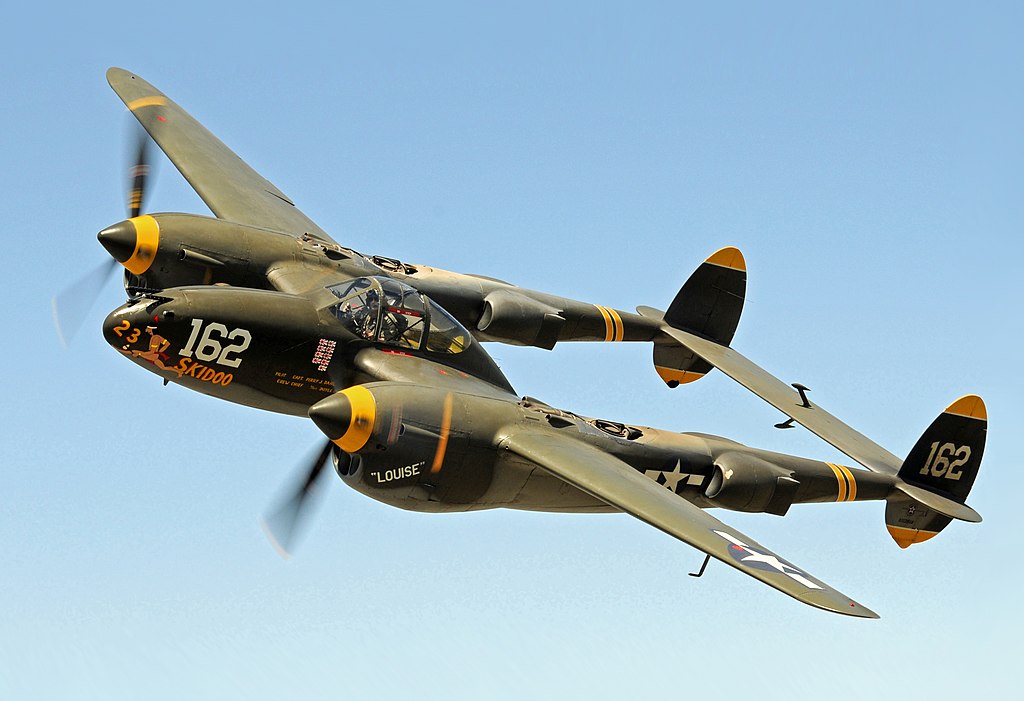
The Lockheed P-38 Lightning decisively etched its name into the annals of military aviation history as a remarkable aircraft.
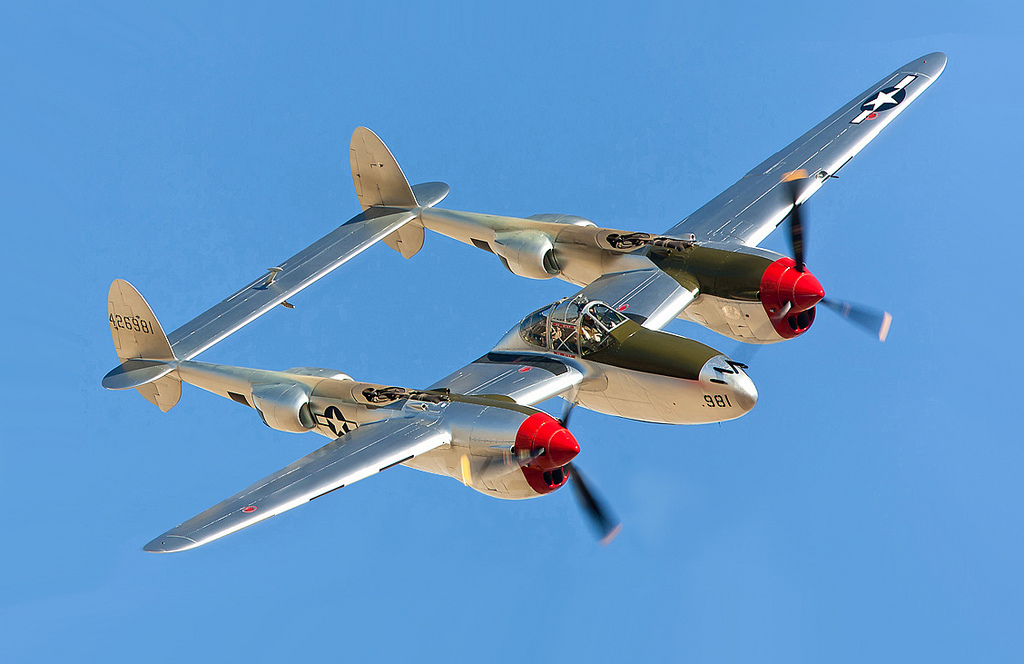
Originally conceptualized as a high-altitude interceptor, this aircraft not only showcased remarkable innovation but also demonstrated versatility across various theatres of World War II, leaving an indelible mark on the course of aerial combat.
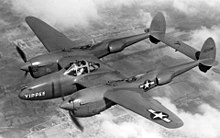
During the early stages of its development, the P-38 faced certain aerodynamic issues such as turbulent airflow and problems at high dive speeds, known colloquially as “compressibility.”
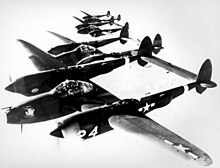
However, these initial hurdles were swiftly overcome with later models incorporating significant improvements in performance and maneuverability.
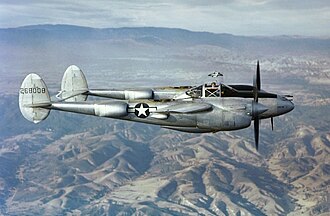
For instance, the introduction of the P-38J model in August 1943 heralded upgrades such as better cockpit heating, more efficient engine cooling, a flat bulletproof windscreen, and additional fuel in the wings.
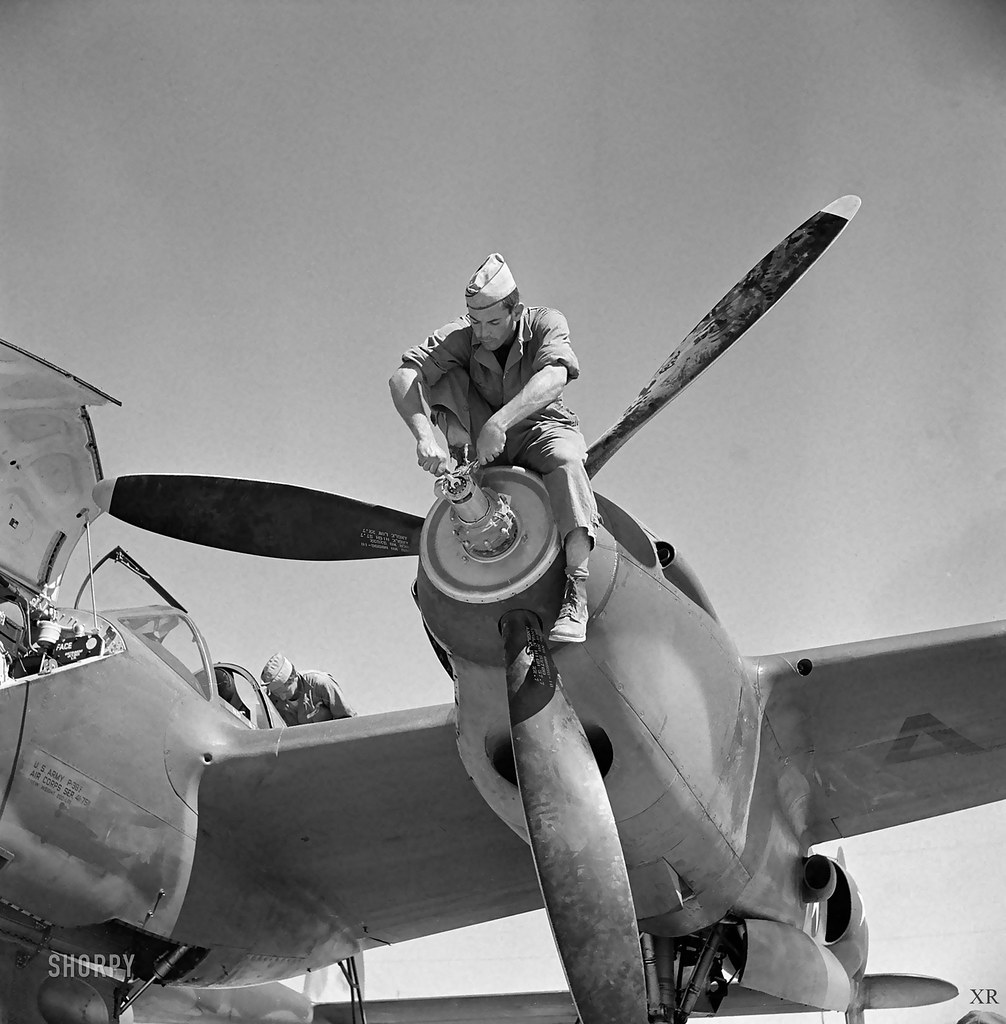
The operational prowess of the P-38 Lightning was particularly evident in the Pacific theater.
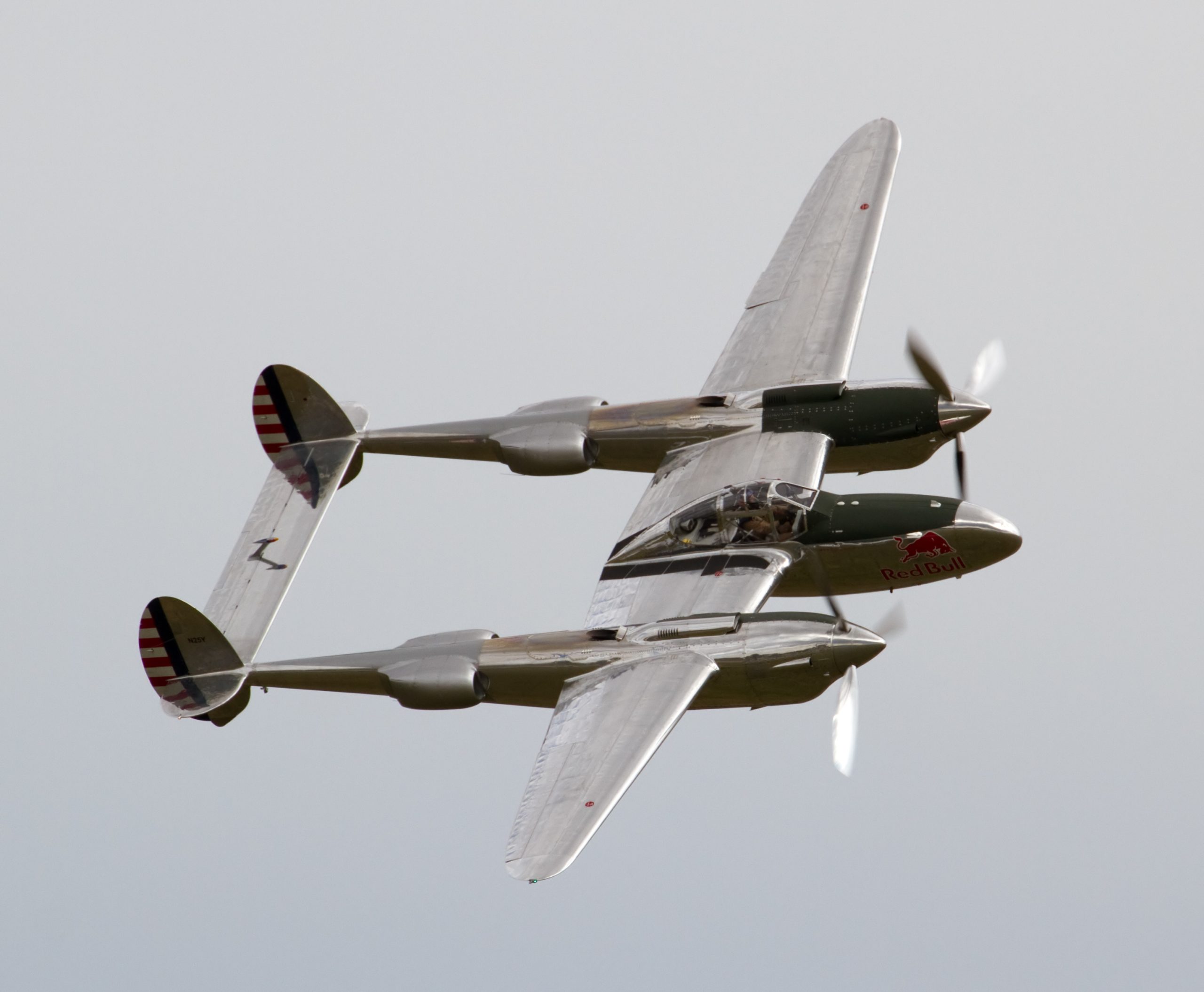
Its long range, enabled by drop tanks, proved invaluable, especially when on April 18, 1943, P-38 pilots successfully ambushed and downed an aircraft carrying Admiral Isoroku Yamamoto, the mastermind behind the Pearl Harbor raid.
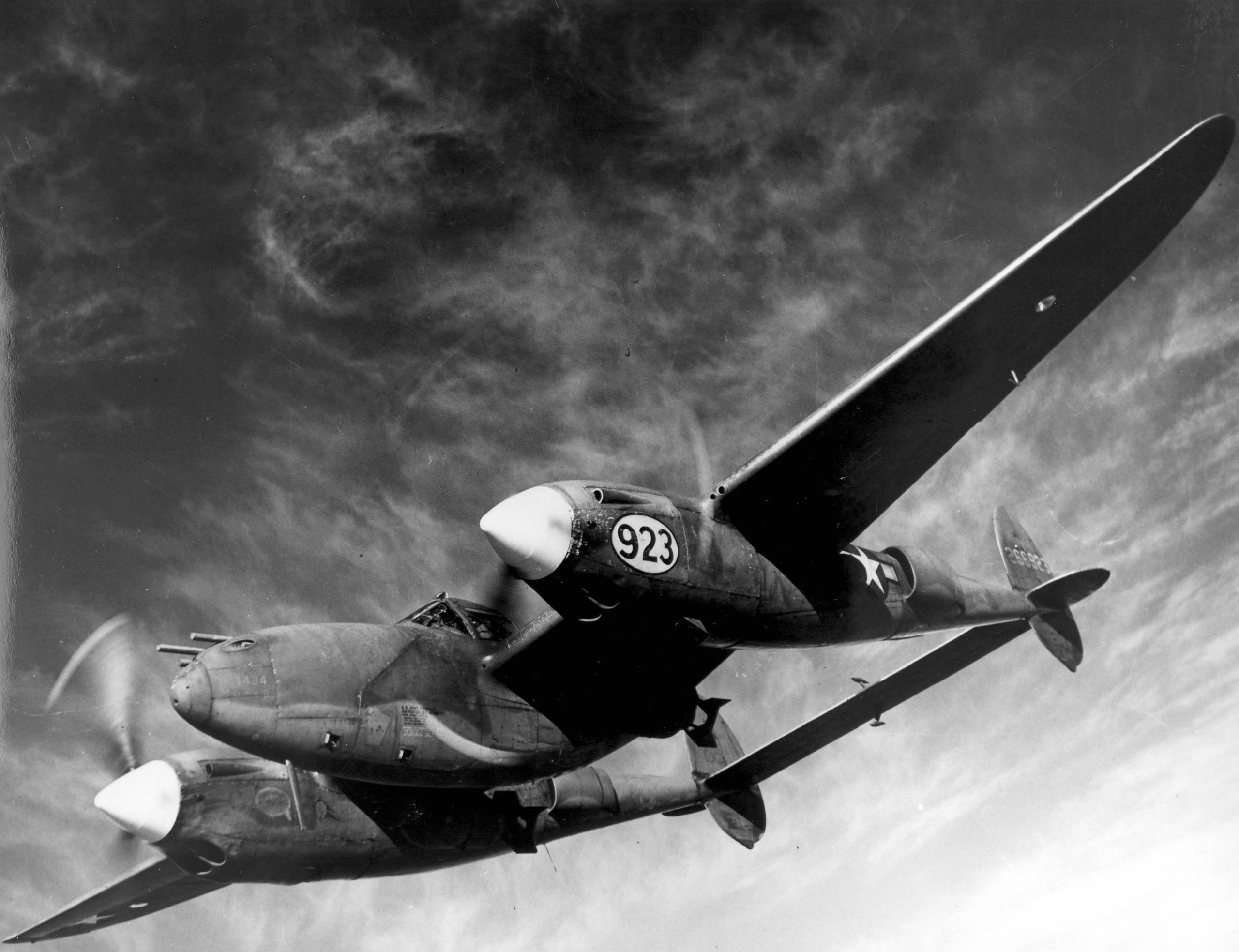
The mission not only demonstrated the P-38’s strategic value but also its ability to carry out long-range interception with lethal efficiency.
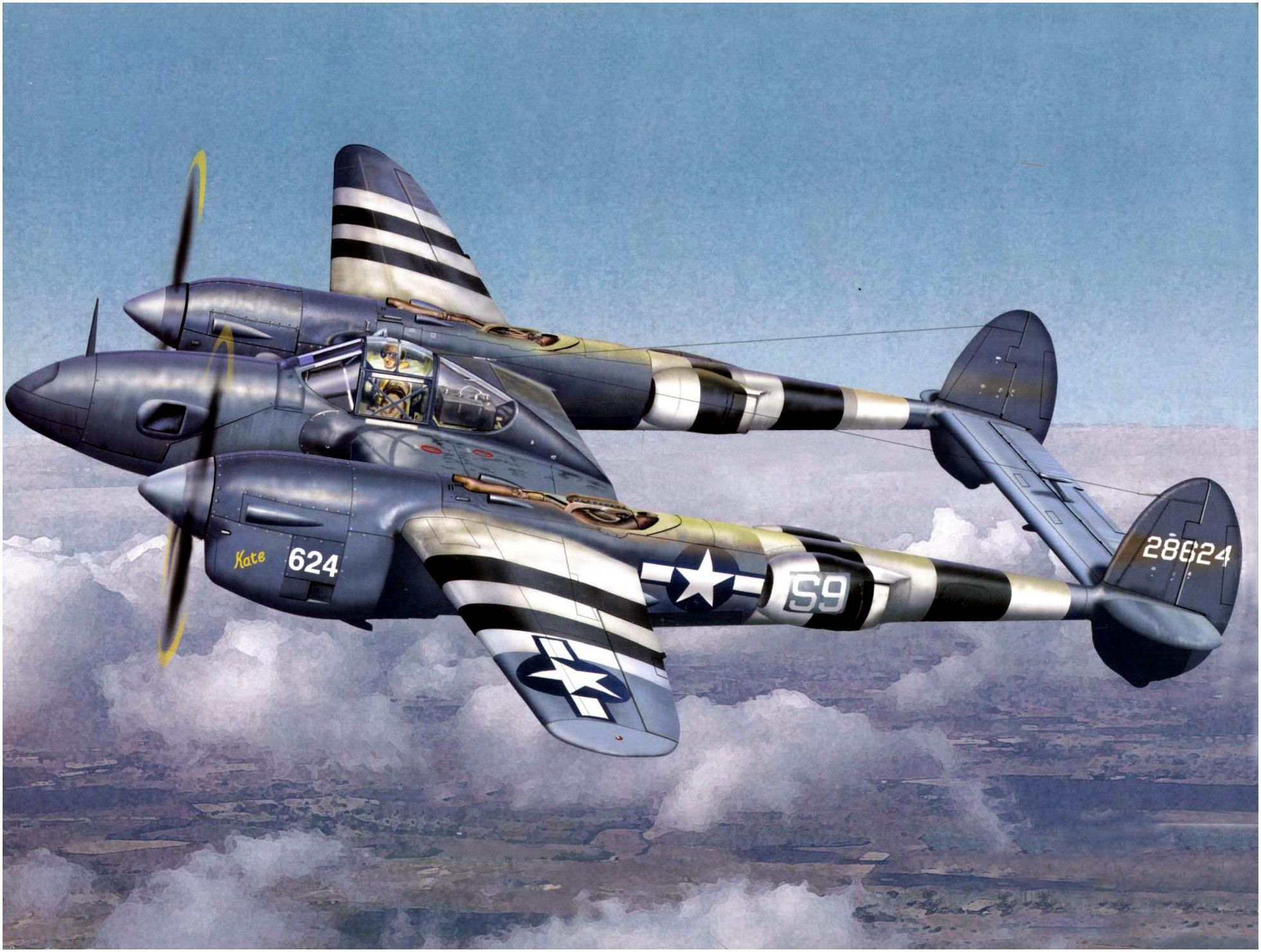
The P-38 also garnered a formidable reputation in Europe, though its dominance there was more nuanced.
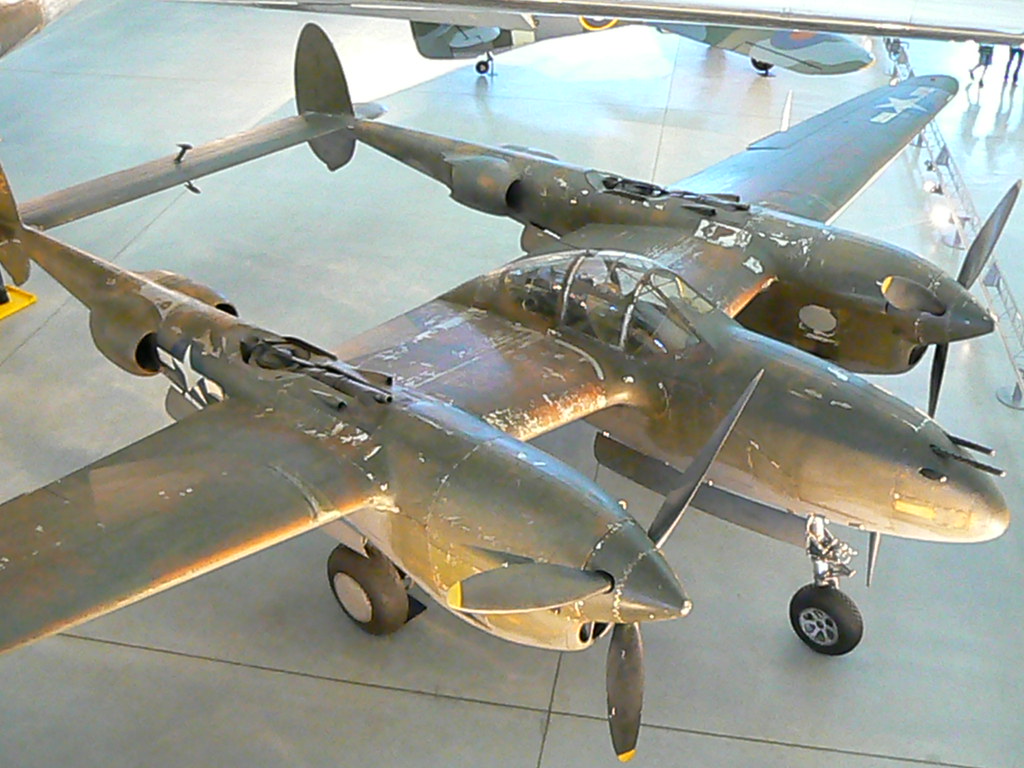
While the Lightning was the only fighter capable of escorting bombers deep into Germany during the early stages of the air war, it initially suffered at the hands of the nimble German fighters at lower altitudes in the North African campaign.
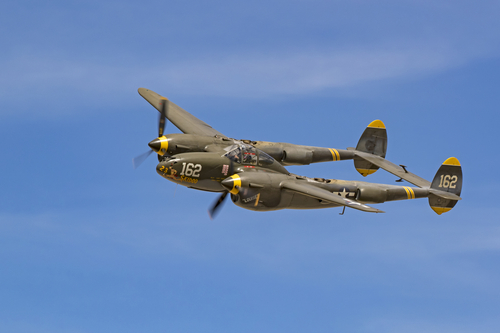
Among the more than 9,900 P-38s built, the final production version was the P-38L, which could carry an impressive payload, including two 300-gallon drop tanks, and remained in service well beyond the end of the war, with deliveries continuing until August 1945.
Related image you might interested
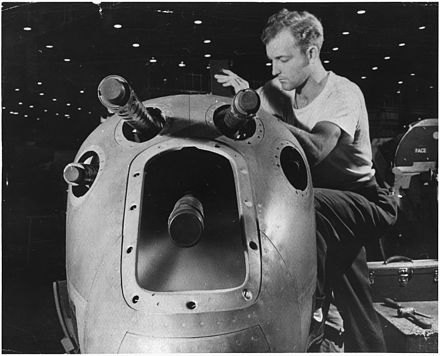
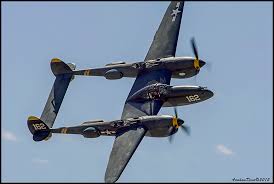
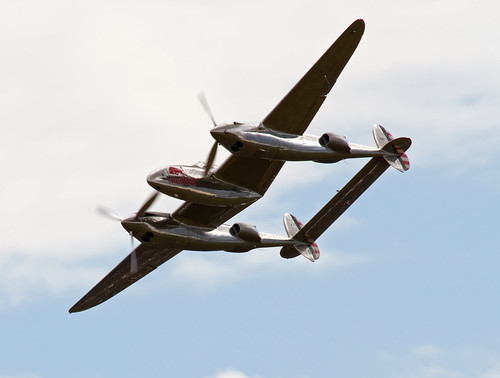

Relevant articles:
– Lockheed P-38L Lightning, National Museum of the USAF (.mil)
– P-38 | WWII Fighter Aircraft, Design & Performance, Britannica
– Lockheed P-38 Lightning, National Museum of World War II Aviation
– What Made the Lockheed P-38 Lightning So Special?, Warfare History Network
